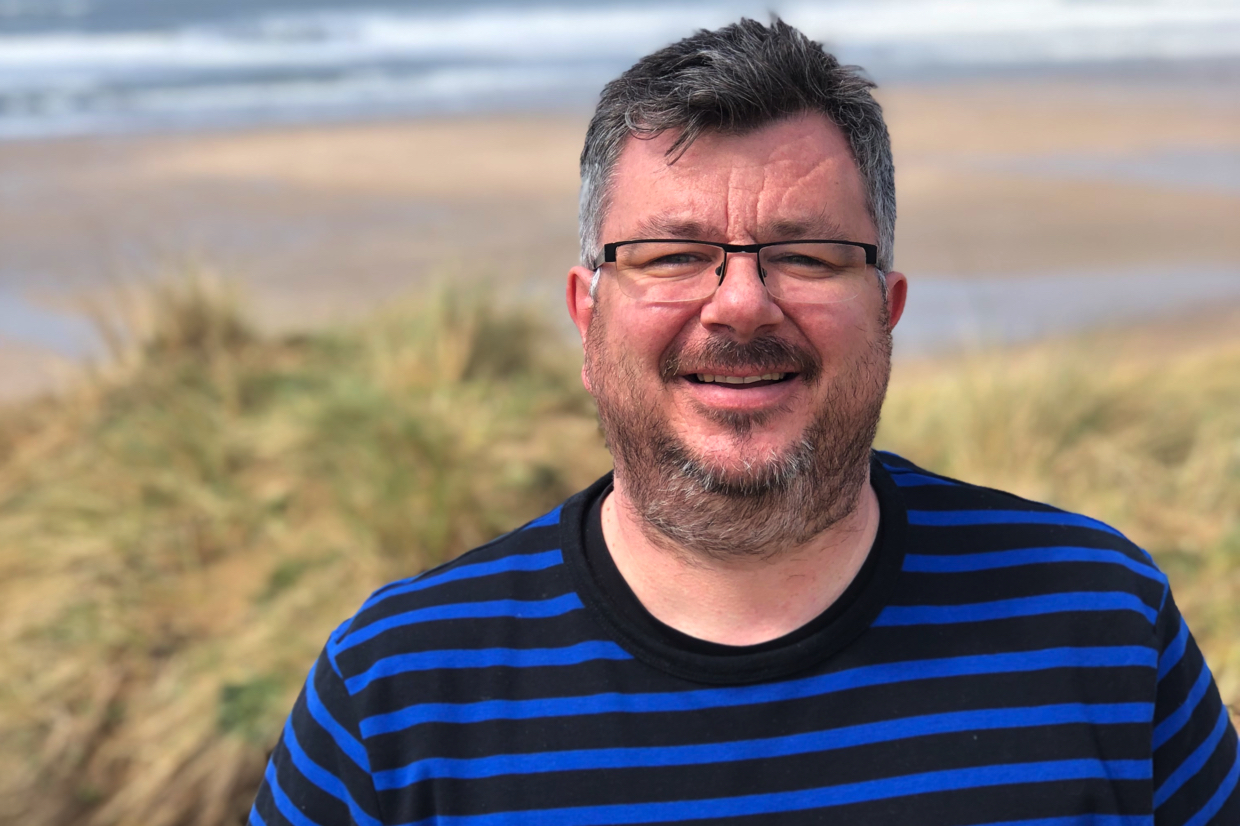As part of BBC Wildlife Magazine's special issue and our “50 reasons to be cheerful in 2021” feature, we spoke to Chris Packham and Megan McCubbin about the Self-Isolating Bird Club, mental health and wildlife, the green revolution, conservation success stories, and their new book.
Read an extract of the interview below, and pick up of a copy of our January 2021 issue to read the full piece (on sale from Thursday 17 December, buy online here). Chris Packham's previous piece on connecting with nature during the coronavirus pandemic, from our May 2020 issue, is also available to read on our website.
I was the most angry young man,” Chris Packham says. “At times, I’ve become the most angry older man. But that anger, I understood a long time ago, it’s implicitly important that you don’t damage yourself with that anger, you don’t let it become a negative energy, you turn it immediately into a creative force.”
With a new book, Back to Nature, exploring how an increased engagement with wildlife benefits both ourselves and our environment, presenters and conservationists Packham and Megan McCubbin are talking positivity.
Chris has just returned from the Isle of Wight, and is bubbling with excitement: “I saw a white-tailed eagle, can you believe it?” The reintroduced raptors are just one of the many projects in the UK offering a ray of hope for the future. But with a recent barrage of bad news, it can’t be easy to maintain a positive outlook...
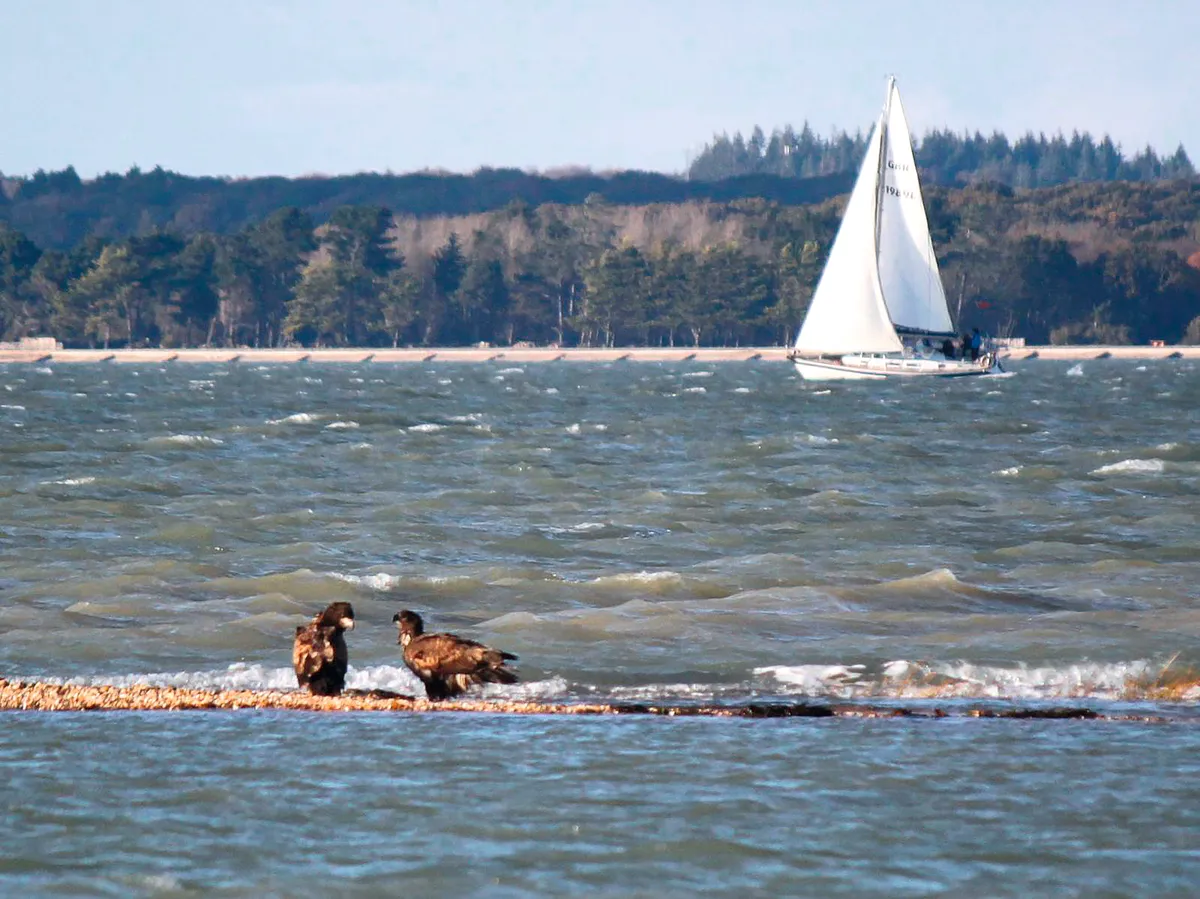
Megan: We’ve got a long way to go, but there are incredibly positive stories happening all around us. So for me, I like to focus on those and wake up and figure out what I can do today that’s different from yesterday that’s going to make a difference. Because, ultimately, every single person has the opportunity and has the power, the potential, to get up and make a difference. No matter how small their actions might be, there is something positive and a benefit that can come of that.
For you, what are the big conservation success stories in recent times, here in the UK, that give you hope for the coming months and years?
Megan: Storks are back, that’s pretty cool.
Chris: Eagles are back. And ospreys, in Poole Harbour.
Megan: There are so many conservation gems that are incredibly exciting and positive. For the first time, we have breeding white storks, on the Knepp Estate, the first time since 1416 – over 600 years – and they are breeding successfully, and they had chicks that fledged. So, that is an incredibly exciting thing to come forward.
You know, we moan that the beavers aren’t back properly yet but there are talks about them being more introduced. Recently, the beavers on the River Otter were allowed to stay. It’s all these steps that are important and are worth celebrating. Are there enough steps? No, but there are small ones that are going on. The eagles, that’s brilliant – eagles on the Isle of Wight.
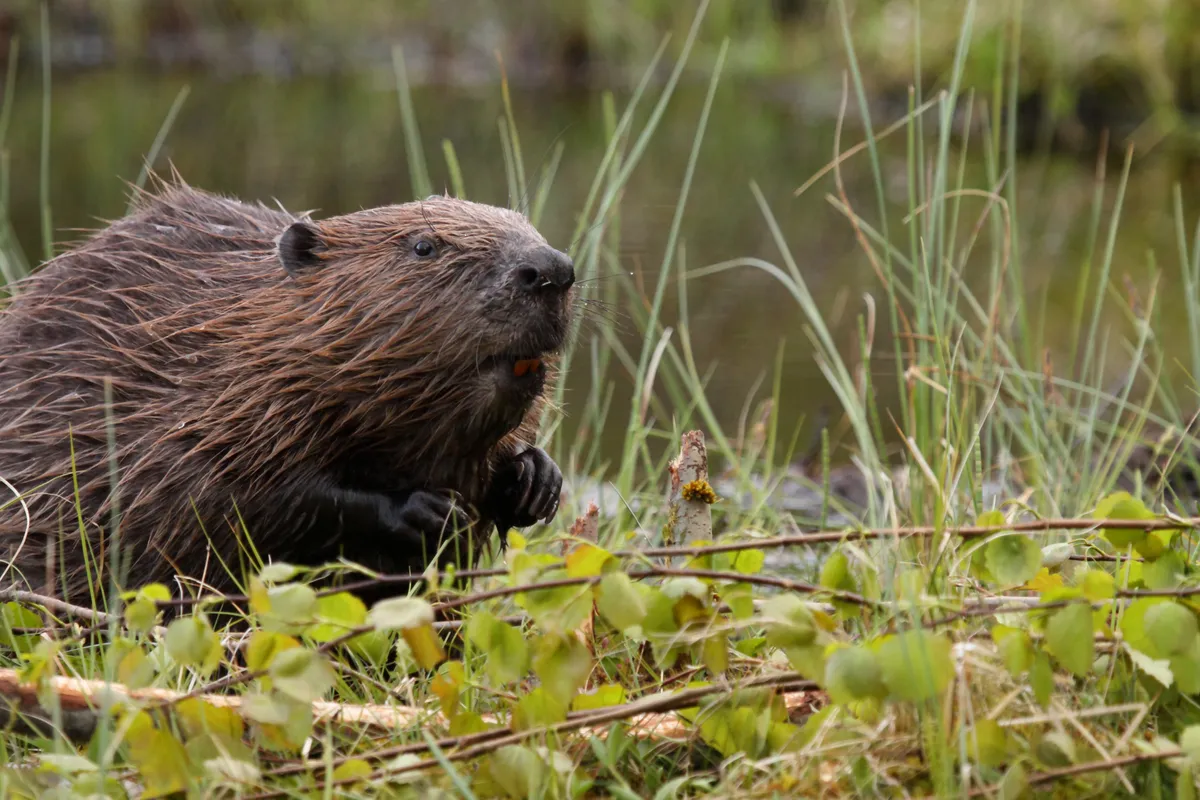
Chris: We had a goshawk fly into our window during lockdown. A goshawk – a goshawk! When I was a kid, the idea that you’d ever have a goshawk flying into your window, that you’d have peregrine, raven, red kite on your garden list in the south of England, was beyond anyone’s comprehension. So, we do see positive things.
I know what you’re going to say to me, you’re going to say ‘Yes, but, as you’ve already confessed, Chris, from the same time, we’ve seen catastrophic declines in turtle dove, 95%’. Turtle doves nested in my school grounds when I was a kid and now there are none in Hampshire. But at the same time, that’s what I’m saying, you’ve got to try and balance these things out. And also turtle doves are increasing on that Knepp Estate.
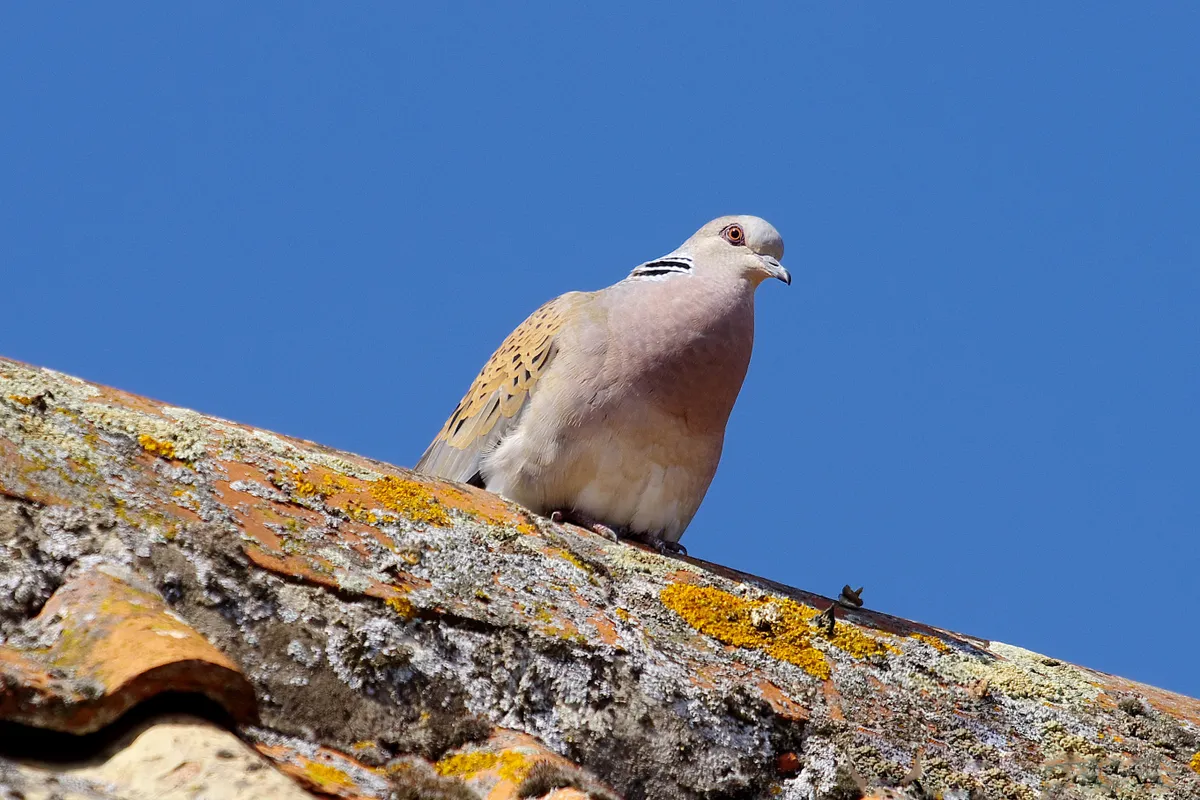
So, it’s not that we’ve lost them and we’ve got no chance of getting them back, they’re getting them back because they’re doing the right thing. It’s just that not enough people are being encouraged or told or made to do the right thing. And that’s what we’ve got to work on.
Back to Nature offers practical advice for people who do want to ‘do their bit’, but is also a reminder of why nature matters so much to us...
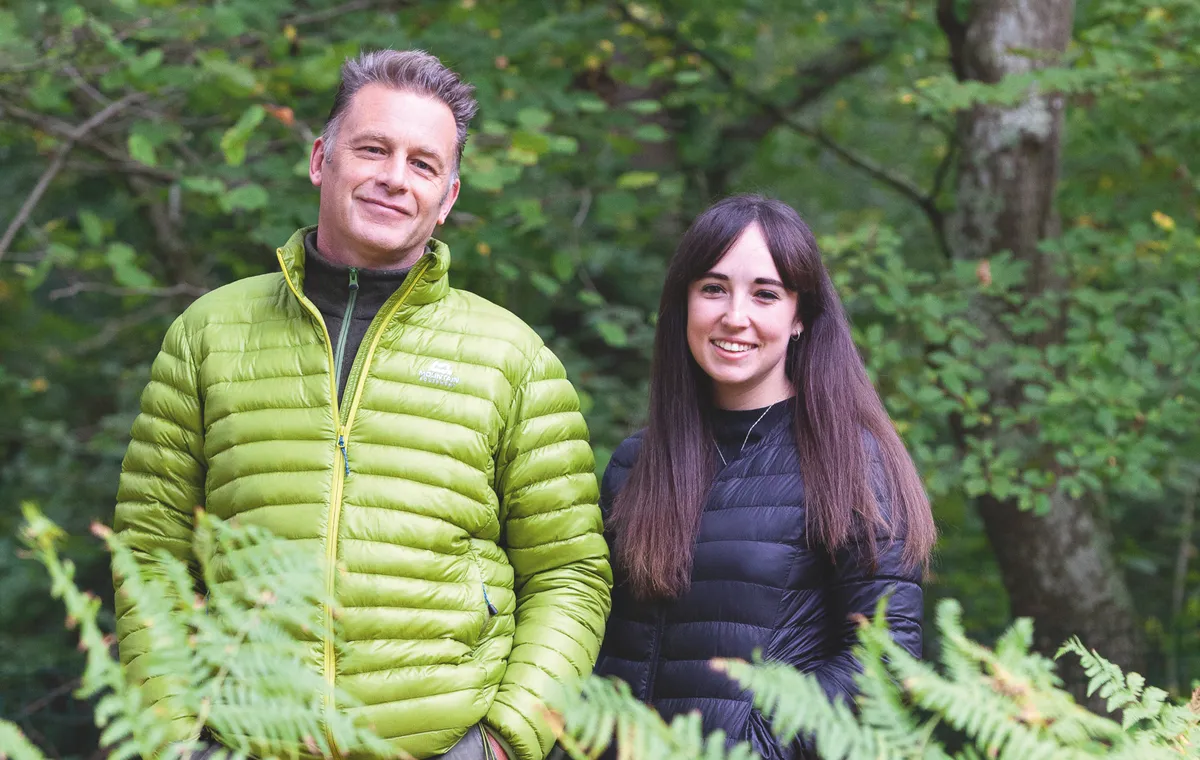
Megan: We wanted to provide options for people to get involved, to start helping. But also remind them about why we’re doing this in the first place. Because, you know, it comes from a love of wildlife, it comes from being in awe of it, it comes from that fascination as a kid. Where Chris had a ladybird on his finger, or I had a pet tortoise, or whatever. It comes from those kind of interactions and then it builds up.
Chris: Activism, we say in the book, you know, it’s putting a hole in your fence for hedgehogs. You’ve taken some action, you’ve done something positive for a species, an environment. Not just one, the hedgehog fleas that come with it and all of the things that it eats and the things that eat it...
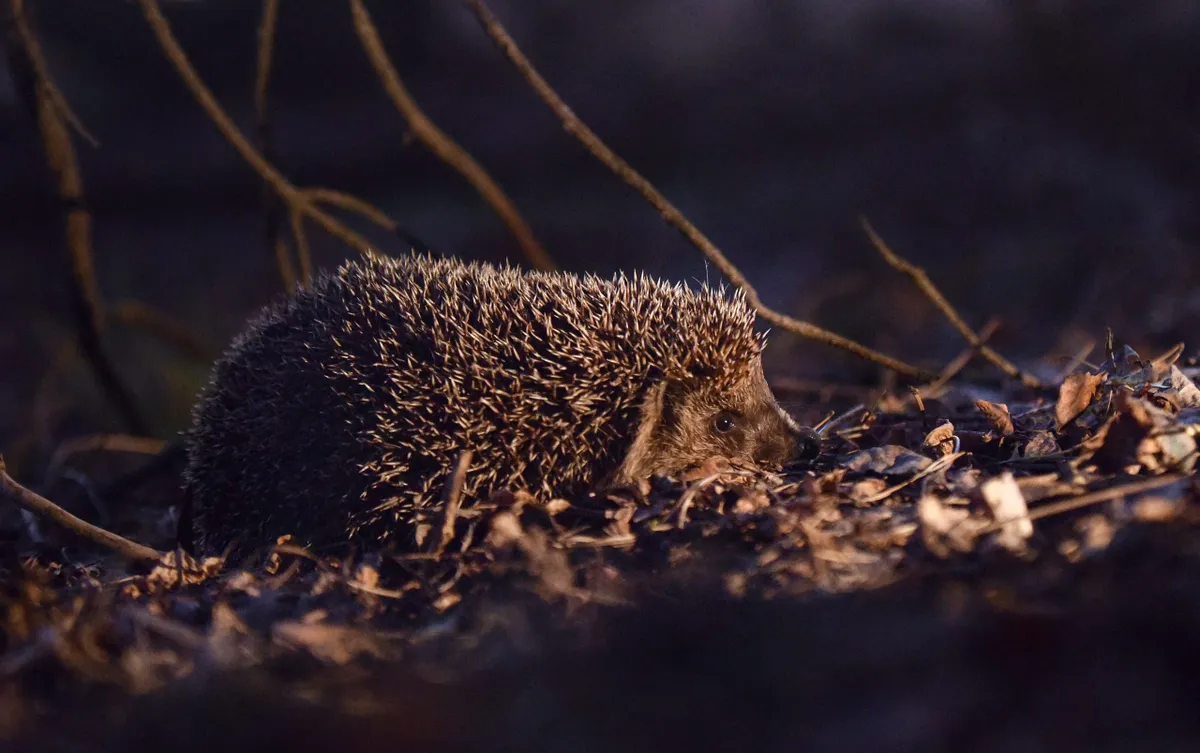
Main image: Chris Packham and Megan McCubbin. © BBC Wildlife
